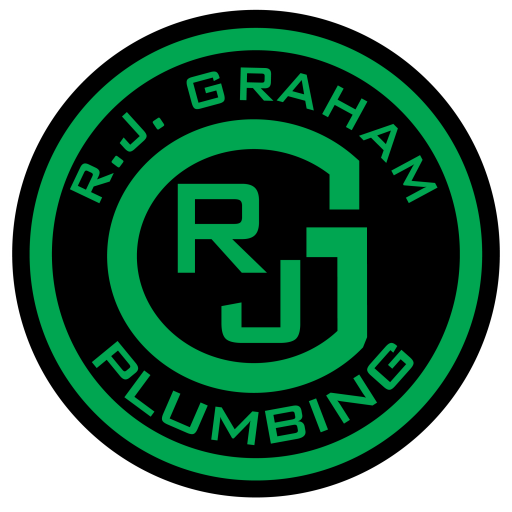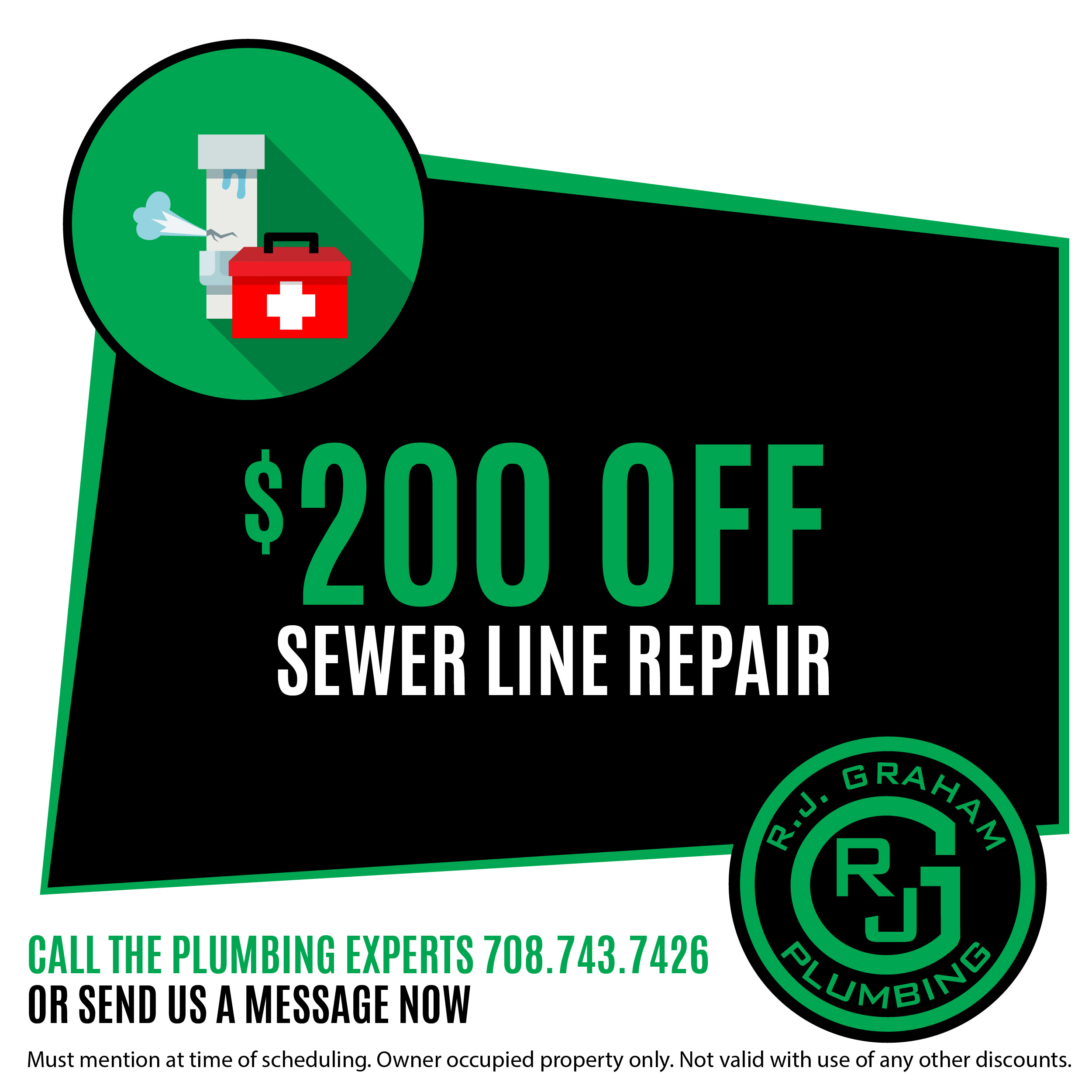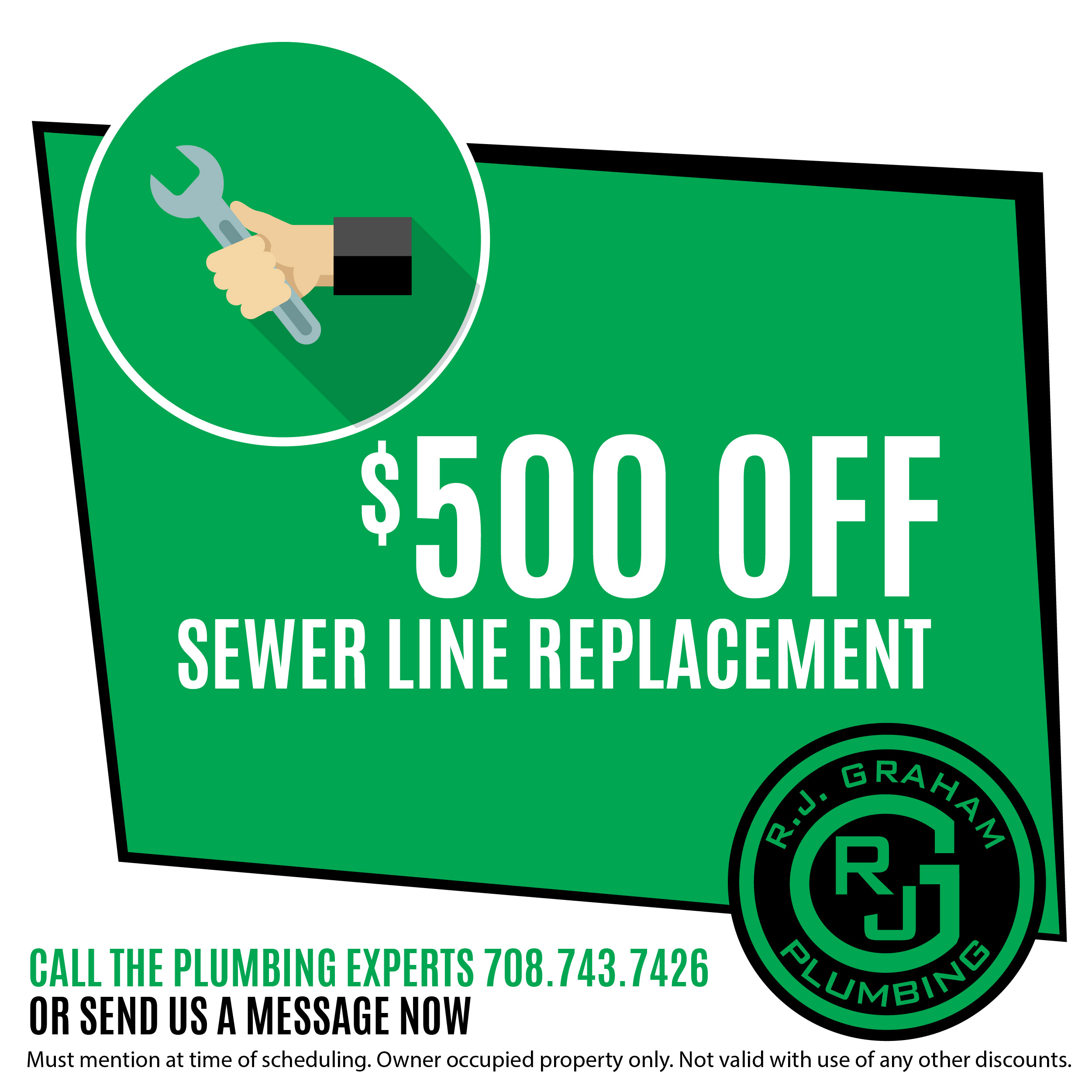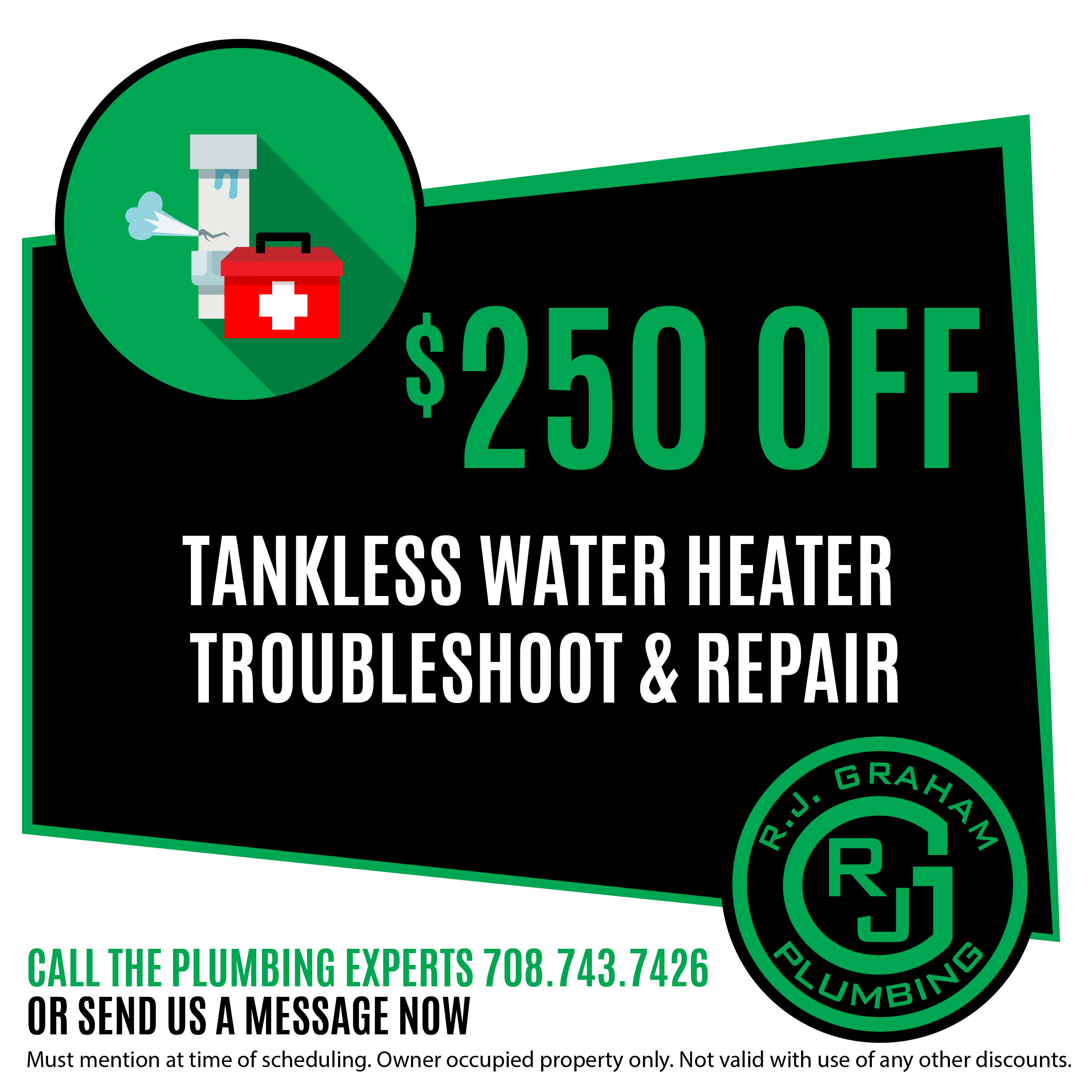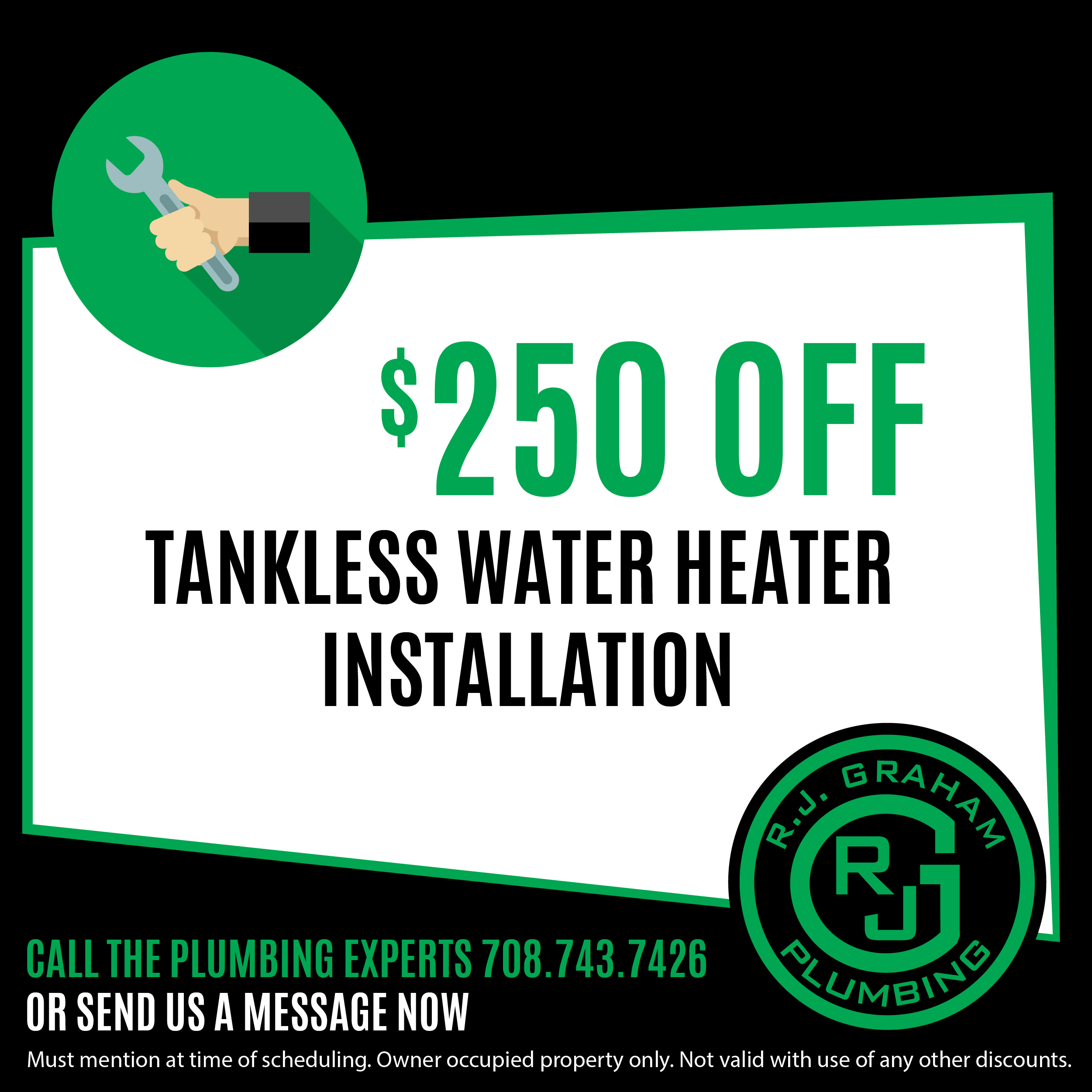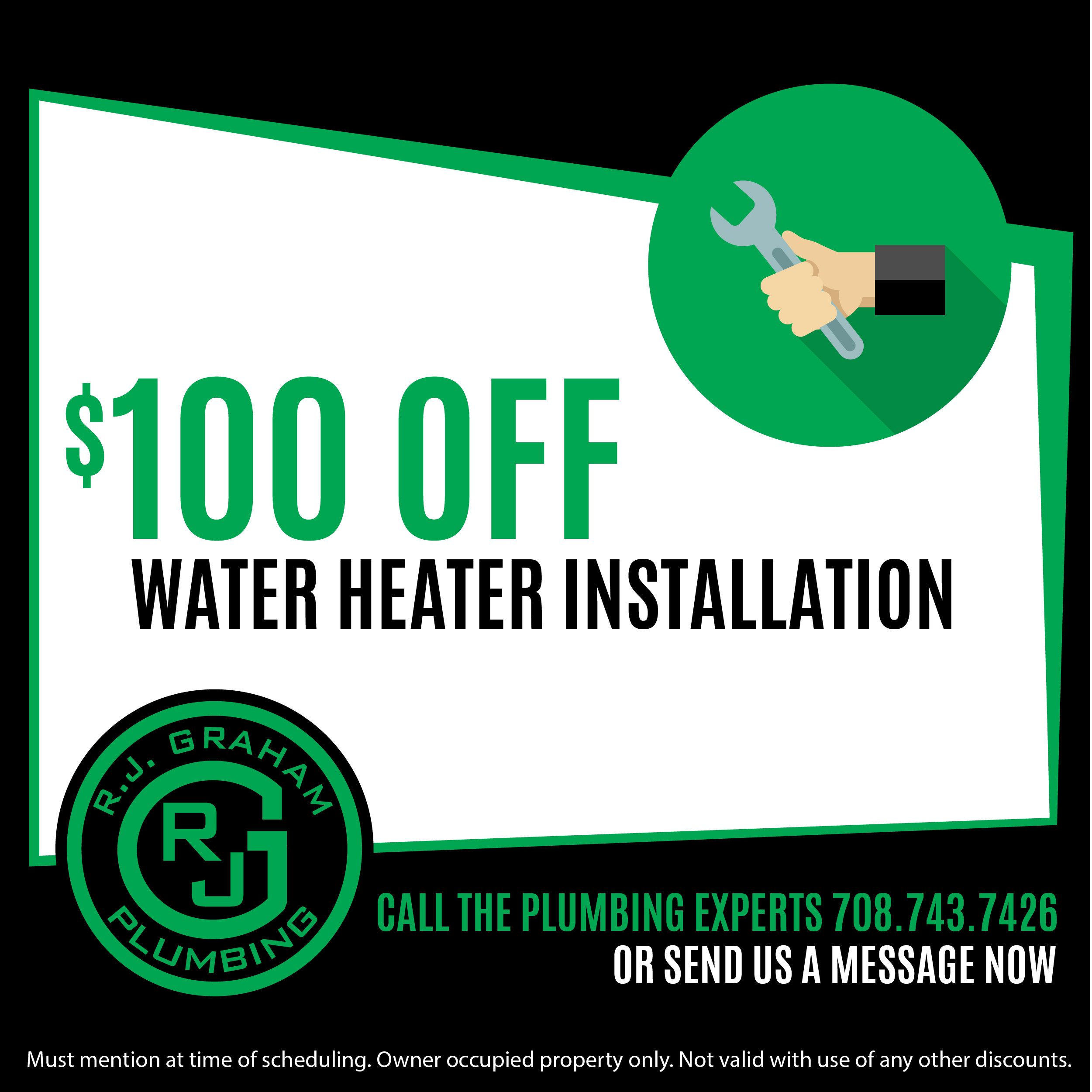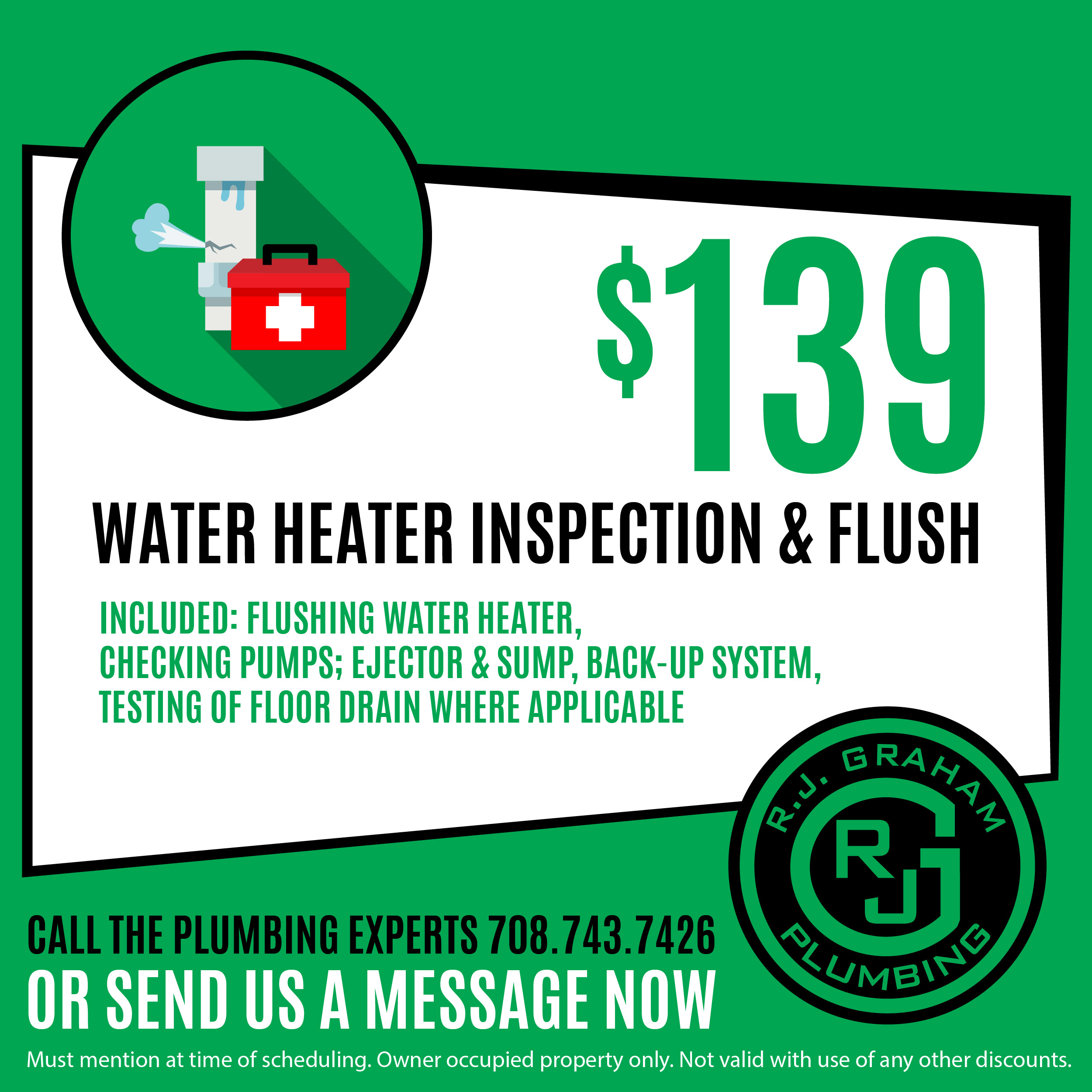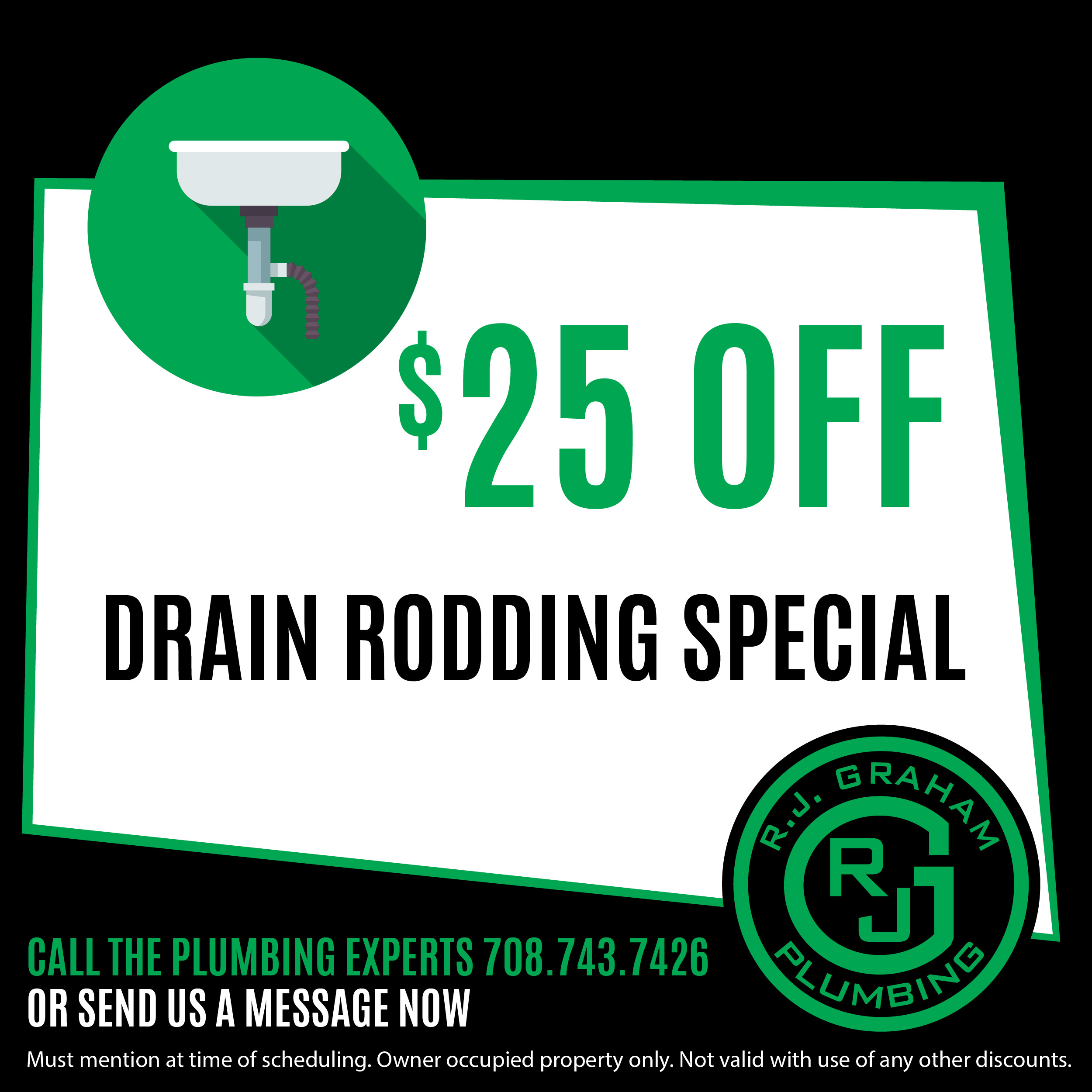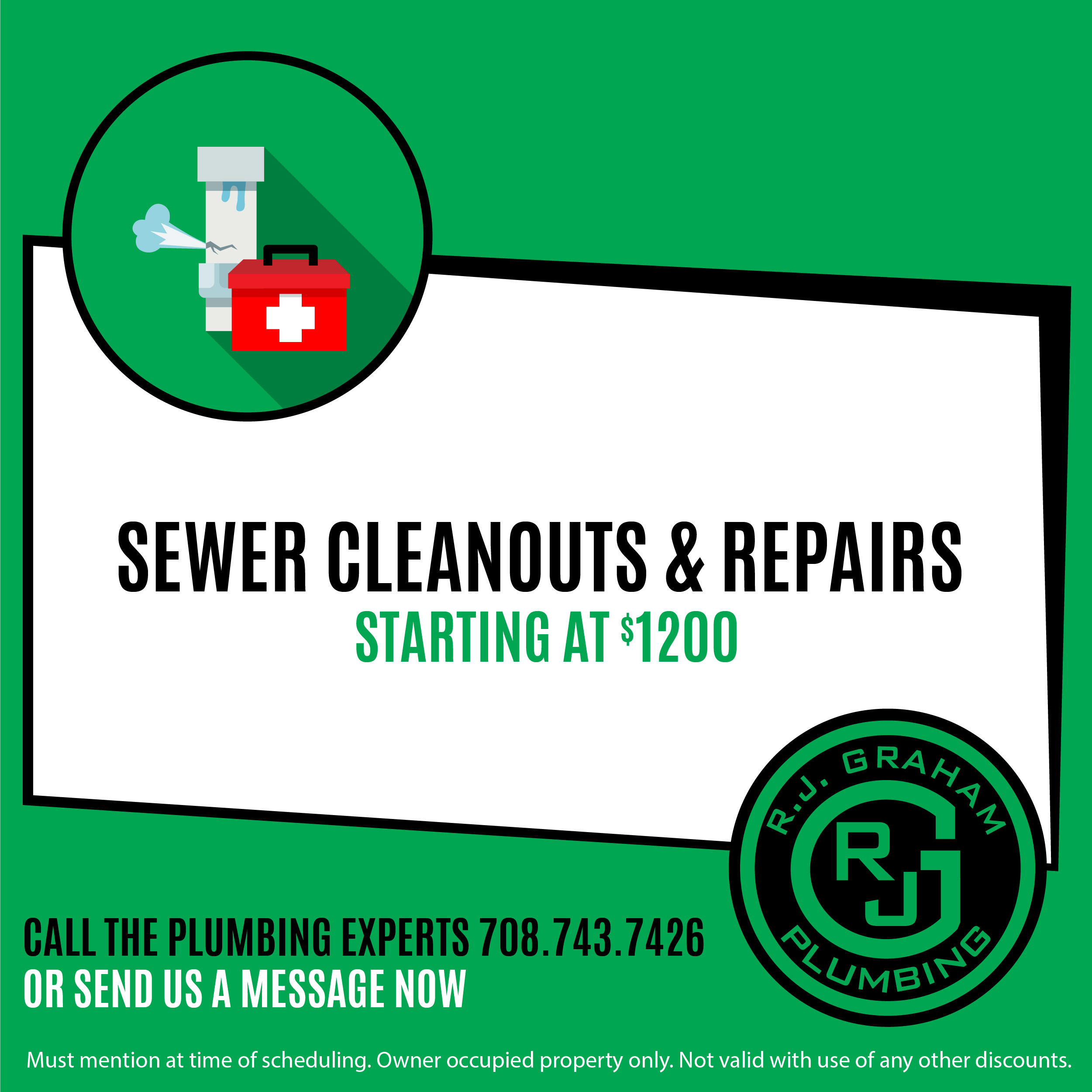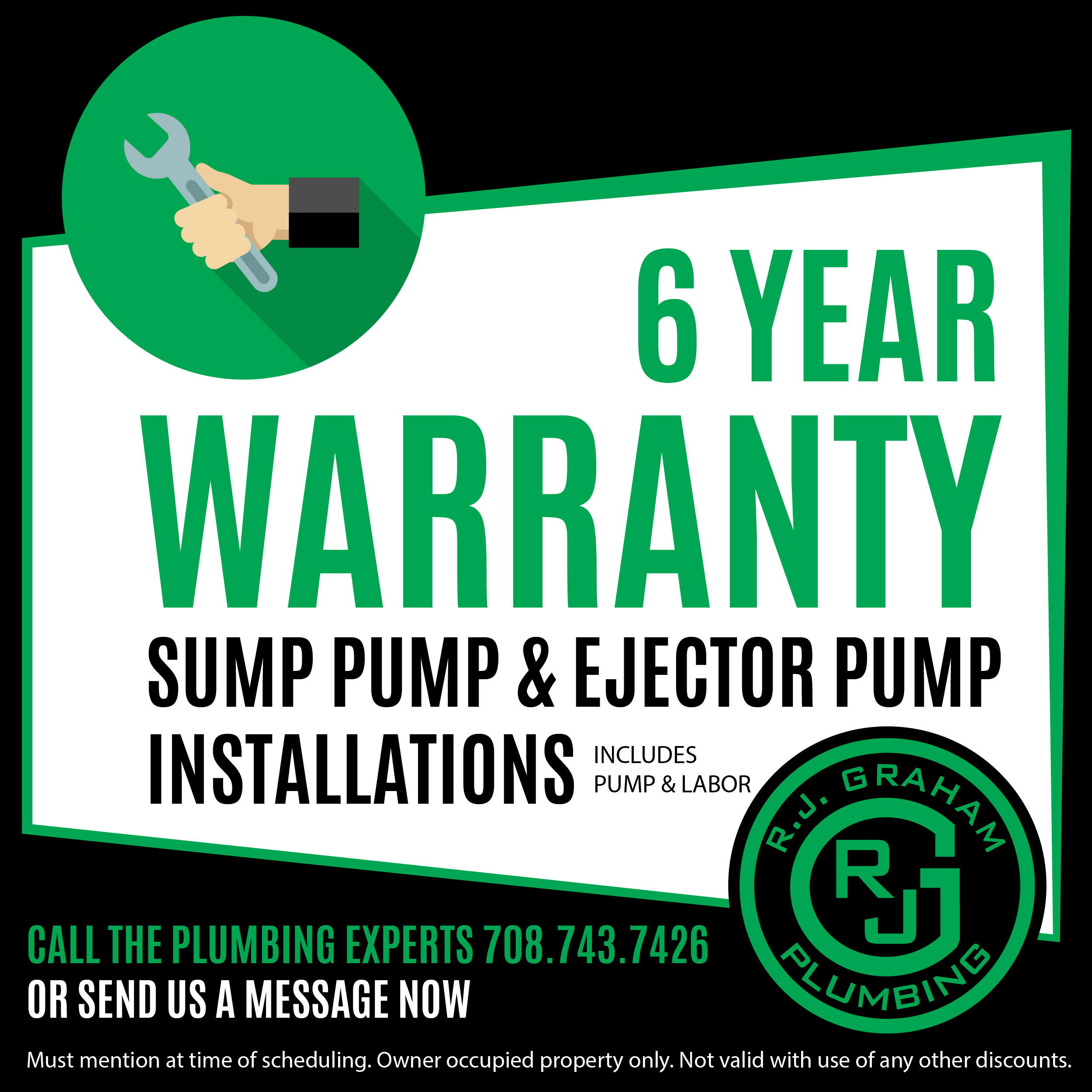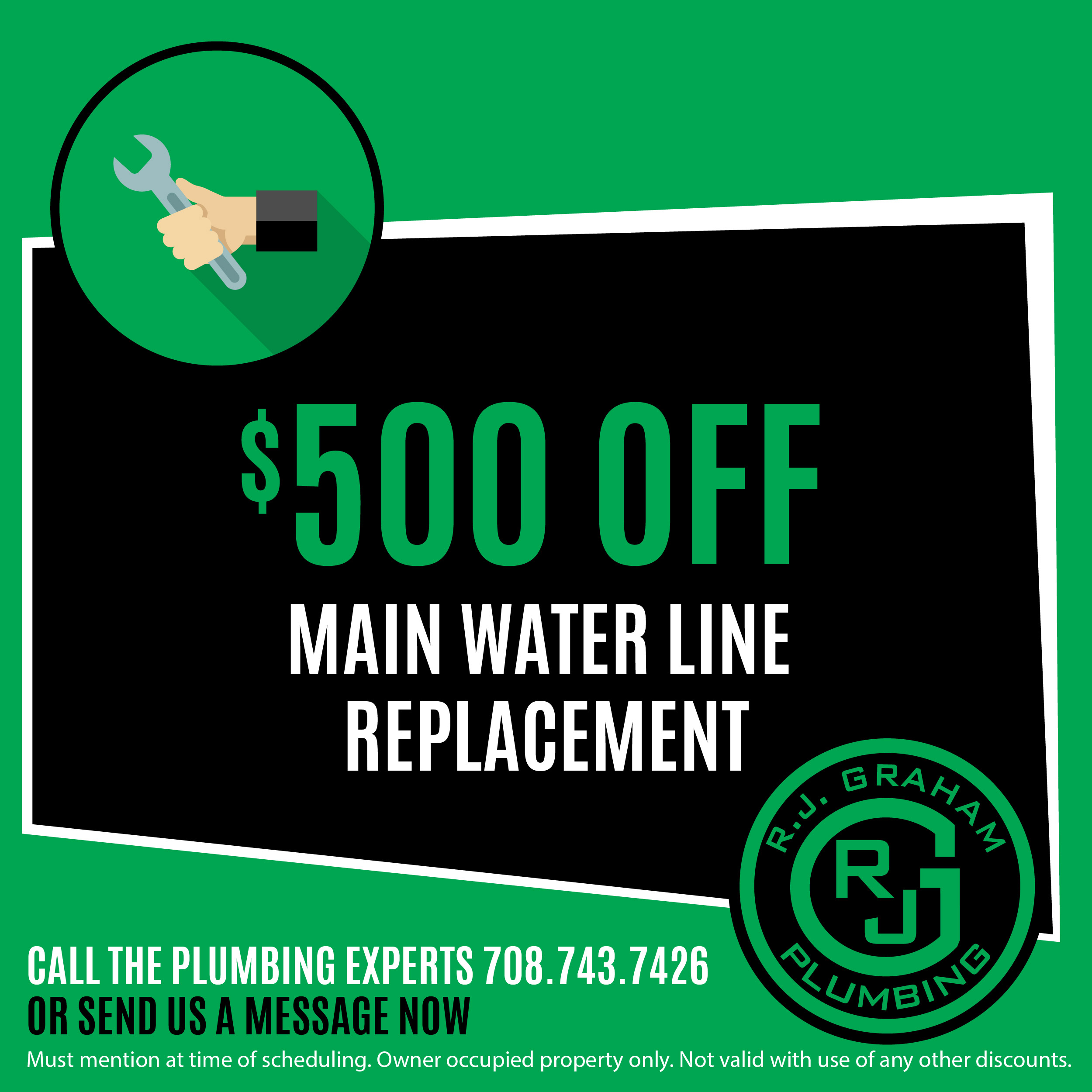If you aren’t a professional plumber, you probably have a lot of questions about what’s going on when you flush the toilet, turn on the faucet or have a new tub installed. At R.J. Graham Plumbing, we know all there is to know about plumbing and are here to answer any questions you may have. Today, we’ve put together a list of questions that we are frequently asked when we get a call about plumbing problems. If you get through this list and don’t see your question answered here, please reach out to us—we would be love to “talk shop” with you.
Q: Why doesn’t everything go down the drain when I flush the toilet?
A: There are a few different reasons why this problem could be occurring. First, have you checked out the toilet to make sure nothing is stuck in there? If you have kids, you know how easily little toys and figurines can get lodged in the most unusual places. If you’ve already checked the toilet bowl and pipe and haven’t found any hidden surprises, your issue may have something to do with the siphon jets. The siphon jets are located under the edge of the toilet bowl and shoot water down the sides of the bowl, pushing waste out of the bowl. If the jets are clogged with hard water deposits, the flow of water may be restricted, therefore diminishing the pressure it takes to push everything out of the toilet.
Q: Why won’t my toilet stop running?
A: This is one of our most frequently asked plumbing questions, and nine times out of 10, the root of the problem is something that you can quickly repair on your own. If your toilet is constantly running, open up the toilet tank. You will notice a rubber flap at the bottom of the tank that is covering a hole. If the flap is not sealed and completely flush with the tank, water is slowly flowing through the unsealed flap. This means the float ball trigger won’t be able to stop the water from running because the fill line will never be reached while water is trickling out the bottom of the tank. All you need to do is relocate and adjust the flap so that it is closes completely. As soon as you do this, water will stop flowing out of the tank, the tank will fill, the float ball will activate and your toilet will stop running! In the past, you’ve probably heard that you can jiggle the handle to stop the toilet from running—you can do this too! Both methods are achieving the same thing: a rubber flap that is sealed and flush with the bottom of the tank.
Q: What’s the difference between hard water and soft water?
A: Hard water is water that contains dissolved minerals such as calcium and magnesium. Hard water is, well, hard on your clothes and dishes. Hard water is to blame when your dishes come out of the dishwasher with residue and spots. Or when the walls of your shower and bathtub become laden with film and soap, you can again blame hard water for the unpleasantness. Hard water is responsible for calcium build-ups and for making your household appliances work harder than normal. Soft water, on the other hand, is treated water that only contains sodium ions. Many people find it easier to clean with soft water because it creates a rich, thick lather when combined with soap. Soft water is also more gentle on your hair, skin, dishes and clothing. And you will have soft water to thank when your shower remains scum-free!
Q: What can I put down my garbage disposal?
A: As a general rule of thumb, try to limit what you put down the garbage disposal to crumbs and other small debris. If you absolutely must put somewhat “larger” items down the disposal, soft and brittle debris like cooked vegetables, egg shells, and macaroni noodles will go down just fine. Remember to run the water when you are using the garbage disposal, as the moisture will help the disposal further break down the food. Avoid putting coffee grounds, large chunks of meat, corn husks and other big, fibrous debris down the disposal. Not only do you run the risk of jamming up the disposal, you also risk wearing down the blades, severely shortening the lifespan of the disposal.
Q: Is it safe to use chemical drain cleaners?
A: Chemical drain cleaners are a good quick-fix if you find your shower drain or kitchen sink clogged, but constant use of chemical drain cleaners slowly eats away at your plumbing pipes, causing them to gradually deteriorate. As you can imagine, this will lead to big, big problems in the future, and you may eventually need to have your drain lines replaced. Instead of trying to fix clogs and backups on your own, call the professionals at R.J. Graham Plumbing to handle the problem. We will clear the pipe and have your plumbing back in working order as quickly as possible! In addition to drain cleaning, we offer an extensive list of services including ejector and sump pump installation, faucet and pipe repair, water heater installation and more. If you are interested in enlisting our professional services, give us a call today!
And tune in next month for the second installation of most frequently asked plumbing questions!
